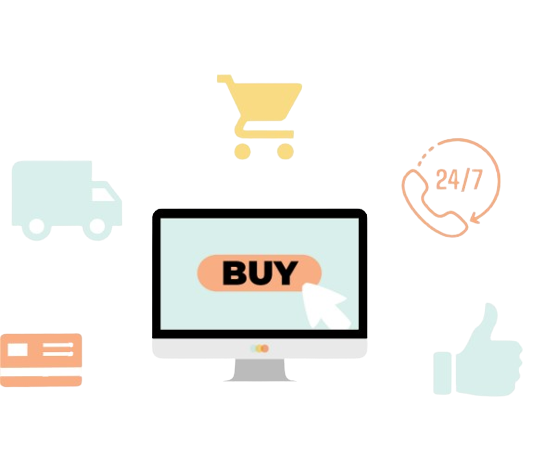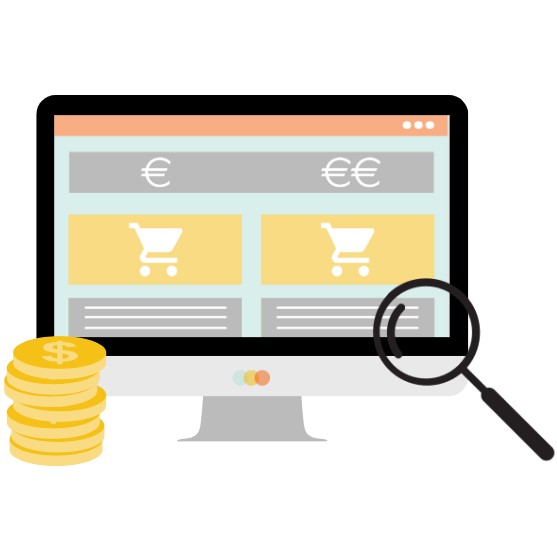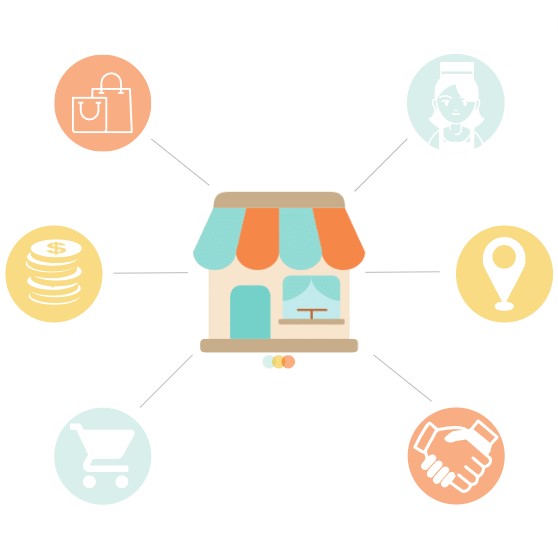Use case
THE PERFECT MARKETPLACE
The objective of our use cases is to provide you with all the best practices to implement so that your offer is better than that of your competitors.
In this use case, we will focus on the perfect marketplace.

Distinction between retail, e-commerce, and marketplace
Retail, also known as ‘retail sales’ or ‘physical sales’ or ‘in-store sales’, refers to a person (a retailer) or a company that sells its products in the condition in which they were purchased. The exchanges between supplier and buyer are conducted in a store.
E-commerce is the set of commercial transactions conducted online. Most retailers also have an e-commerce website.
Marketplace is a tripartite model between seller, buyer, and operator. A seller offers their products for sale on a site that is not their own. For example, you can find La Redoute items on the Leroy Merlin website. In this case, Leroy Merlin is considered the marketplace for La Redoute, even though Leroy Merlin also sells its own products on its e-commerce site.
Monitoring marketplace sellers in terms of pricing
Today, a consumer can find the same product in-store, on an e-commerce website, and on a marketplace. The problem is that it may be displayed with three different prices. Nowadays, we know that a consumer’s buying journey involves checking the price online before making a decision. With mobile phones, this has even become a reflex during in-store purchases.
The Product Manager must know at what price their products are sold across all different channels, and their pricing strategy must be applied consistently across all of them.
Retail Shake allows you to know the perfect marketplace: where your products are in real time, at what price, and on which marketplaces.
The questions to ask yourself
To align your pricing strategies across all your sales channels, it is interesting to take into account elements peripheral to the displayed price.
- What is the delivery fee for the marketplace?
The consumer will choose to buy a product based on the total cost of their purchase, which is the product price plus the delivery cost. The question is delicate because if your product is sold cheaper on a marketplace because the delivery cost is high with your marketplace partner, this will encourage the consumer to negotiate in-store. Ideally, you should find a marketplace partner that limits delivery costs.
- What types of delivery are offered?
The delivery time and convenience are accelerators of sales. ‘Tomorrow at your place’ is more appealing than ‘Next week at a pick-up point’. It’s a safe bet that your products will sell faster in the first case.
- Are other competing products sold in the same marketplace?
A marketplace has every interest in selling the same product from different suppliers. This ensures availability of the offer even if one of the suppliers is out of stock. But the product is then displayed with different prices, which immediately puts the different sellers in competition.
Vidéo Academy – The perfect marketplace
Our other use cases




